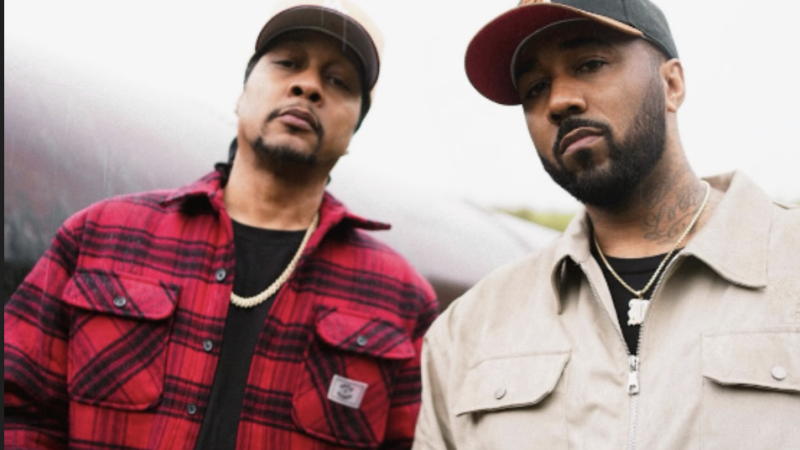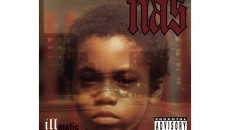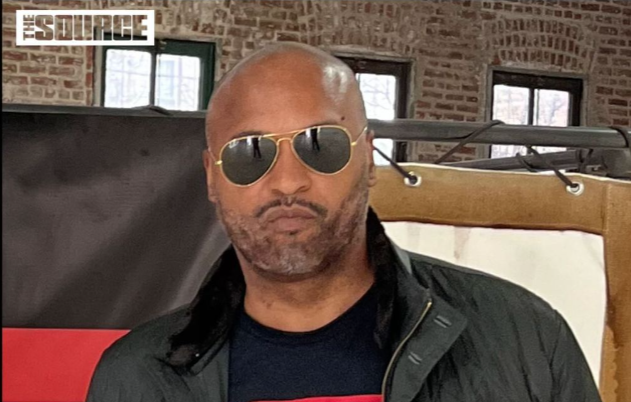Dr. Dre & Kanye West’s “Jesus Is King II”: What Can We Expect?

Jesus Is King Part II. It’s something people didn’t even realize they wanted. The first installment of Kanye West’s foray behind the preacher’s pulpit yielded mixed reviews, with some accepting the project’s daring defiance of expectation. Not unlike the brilliant 808s & Heartbreak, Ye’s ninth studio album trudged forward into uncharted musical terrain, trading in the roadmap in favor of sheer instinct. Given all we know about the post-YANDHI debacle, which ultimately led to a late-game creative rush, Jesus Is King feels like the product of spontaneity. The result of abandoning a gameplan and simply giving in to the music; in other words, the death of overthought.
Whether the twenty-seven-minute project suffered as a result can, and likely will provide the basis of many a Ye-centric debate. And yet, when Kanye West announced that a sequel was indeed on the horizon, it was his running mate that elicited double-takes across the board. The man had Dr. Dre on deck, ostensibly to play a pivotal role in shaping the next endeavor. The Good Doctor’s presence was enough to spark renewed interest in the Jesus Is King saga, albeit one that has likely fueled a few key misunderstandings.
For one, the idea that Dre would be providing beats feels almost naively optimistic, though a hopeful take is understandable; it’s been a minute since Doc has laced a project in its completion, going back as far as 2009’s Relapse. Naturally, Dre played a key role in shaping Compton’s musical direction, but the production credits point to a highly collaborative affair. One in which Dre’s impact as the grand orchestrator should not go unrecognized. While he might not be as hands-on in shaping the instrumentals, he’s absolutely murderous behind the boards; lest we forget, Dre’s engineering game is nigh-unparalleled. His drums alone are enough to turn heads, a testament to his mastery of everything from processing to microphone selection. If Dr. Dre is involved in a project, rest assured the sonics shall be on point.

Rich Fury/Getty Images
Despite associating himself with legendary producers like Mike Dean and Rick Rubin, it’s not uncommon to see criticisms leveled at Yeezy’s mixing standards. Entire projects are finished, uploaded, and consumed, only be to remixed and tweaked days later. While working on Ye and Paul McCartney’s “Only One,” Rubin described the mixing process as “chaotic”to Rolling Stone. Ever since the “Living Album” Life Of Pablo, Ye has seemingly prioritized the songwriting process, promising deadlines and rushing the mix accordingly. That’s not to say the results are lacking, as Mike Dean is a beast at what he does. But the process itself has developed a reputation for being haphazard in a sense, which occasionally leads to some retroactive fixes.
It’s almost as if Kanye West and Dr. Dre stand at polar opposites in that regard. Dre has long earned a reputation as an ardent perfectionist, honing in on intricate details should they prove problematic to his ear. It’s no surprise that 2001, released twenty years ago this year, remains one of the best-sounding records in hip-hop history. Conversely, Ye seems content to go with the flow, prioritizing the purity of his vision and worrying about the little things later. That in itself makes for an interesting narrative, and it will be interesting to see how the creative dynamic unfolds and builds over time.
While the work ethic might make for some truly Buddy-Cop-esque material, the fact that both men are undeniable legends lends this link-up some monumental gravitas. Kanye’s admiration for Dre has been no secret, with Ye citing “XXplosive” as the basis for Jay-Z’s Dynasty cut “This Can’t Be Life.” In what feels like a true “full-circle” moment, Kanye honored Dre in Rolling Stone’s 100 Greatest Artists piece nine years ago, using an appropriately Christian analogy to describe his prowess: “Dre feels like God placed him here to make music, and no matter what forces are aligned against him, he always ends up on the mountaintop.” Now, given Ye’s renewed faith, his words feel almost prophetic in hindsight. Who’d have thunk that Dre and Kanye would finally link up on a “gospel album?” And more importantly, what might their joint effort sound like?

Kevin Winter/Getty Images
As stated earlier, Dre’s ear for structure, arrangement, and sonics will likely make Jesus Is King II feel grandiose in comparison to its predecessor. Where Ye has taken to implementing a collaborative approach to his songwriting, Dre remains at the top of the totem pole, retaining final say in matters concerning his vision. Given Ye’s noted trust of Doc’s acumen, it wouldn’t be surprising to see the Aftermath legend’s presence felt throughout the project, if and when it ultimately arrives. And on that note, one of the biggest mysteries remains one of creative direction. Throughout his lengthy career, Dre has never dabbled in the realm of gospel music. Quite the opposite in fact, having played a pivotal role in shaping the modern-day “Dark Banger.” Staples like minor-key gothic pianos and haunting strings are Dre classics, a far cry from Ye’s typical instrumentation.
But that was then. Most recently, Dr. Dre helped bring Anderson .Paak’s albums to life, mixing, and executive producing both Oxnard and Ventura. Musically, .Paak is far from gospel, though his sound is closer to Ye’s current direction than to Dre’s of yore. Clearly, Dre has no trouble stepping into an artist’s mindset, the hallmark of a capable producer. In that regard, Dre should make for the perfect springboard for Kanye West, reigning in his impulses and honing them in his own meticulous fashion. Perhaps Yeezy’s boyish excitement over Dre’s musical chops will prove inspiring, spurring the Doc to step to the MPC and dust off the keyboard. Though unpredictable in theory, a musical partnership between Kanye West and Dr. Dre might make for one of the game’s quietly exciting narratives.
![[WATCH] Dame Dash Says Biggie And Diddy Copied Him And Jay-Z](https://getknownradio.com/wp-content/uploads/2024/04/Screenshot-2024-04-19-at-11.29.26-AM-800x450.png)




